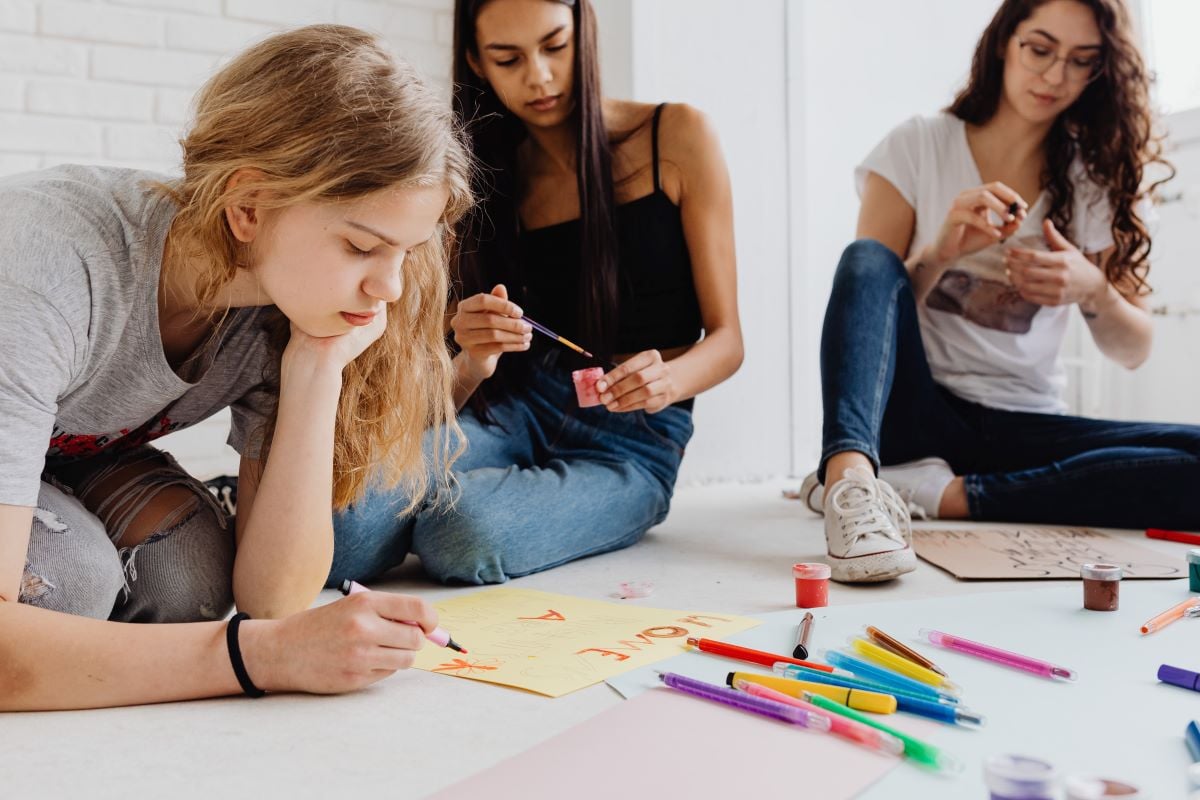
Photo: Karolina Grabowska/Pexels
Concern over ‘lack of representation’ in creative health research
Study into value of culture in relation to health and wellbeing warns of 'concerning gap' in evidence base.
Efforts to understand the impact of cultural experiences on people's health and wellbeing focus too much on certain types of projects and participants, a report has warned.
A study by the Centre for Cultural Value which looked at academic literature on culture, found an "evident disparity" in the types of cultural experiences represented within research.
"We are concerned by a general lack of representation within the research literature, both in the type of cultural experience being explored by researchers and in the people who are recruited as research participants," the report states.
READ MORE:
The study, conducted by Dr Robyn Dowlen, found music programmes are the most reported within the literature, especially those involving younger and older people.
This was followed by mixed cultural programmes, including a range of typically visual arts-based activities.
The report says that, in practice, there is a much wider range of cultural practices in this field than that currently represented in academic research.
"This gap is concerning, as it potentially represents an academic bias towards certain types of cultural activity, leaving the evidence base for heritage-based programmes, digital programmes and cinema and screen programmes comparatively under-investigated," the report states.
The report also highlights a "lack of consideration of the evolving nature of this field", including discussions around what is considered creative and cultural activity, particularly as it relates to digital and online spaces.
The report says it is unclear why there is such a clear disparity or bias towards certain cultural experiences within the culture, health and wellbeing literature, suggesting it might be a question of what is funded, or due to more research expertise within certain areas.
Acknowledging failure
Dowlen also identified "very limited acknowledgement of failure" within the literature, with "most studies reporting only positive findings".
"Studies with no significant findings, or mixed findings, tended to point to undermining the choice of methods rather than considering why a given programme may not have led to anticipated changes in health and wellbeing outcomes," the report states.
"This reluctance to discuss failure reflects the wider need in this area to remain independent and unbiased and to be able to showcase what works (and what doesn’t) for whom, in which circumstances, and why."
Among a range of recommendations, the report calls for gaps in the evidence base be addressed through direct funding.
It also calls on researchers to take a broader approach to this area of work to include areas such as heritage, everyday creativity, mixed-arts and digital and online programmes.
"This will ensure research is capturing the broad value of culture for health and wellbeing within an increasingly hybrid creative and cultural landscape," the report states.
Join the Discussion
You must be logged in to post a comment.